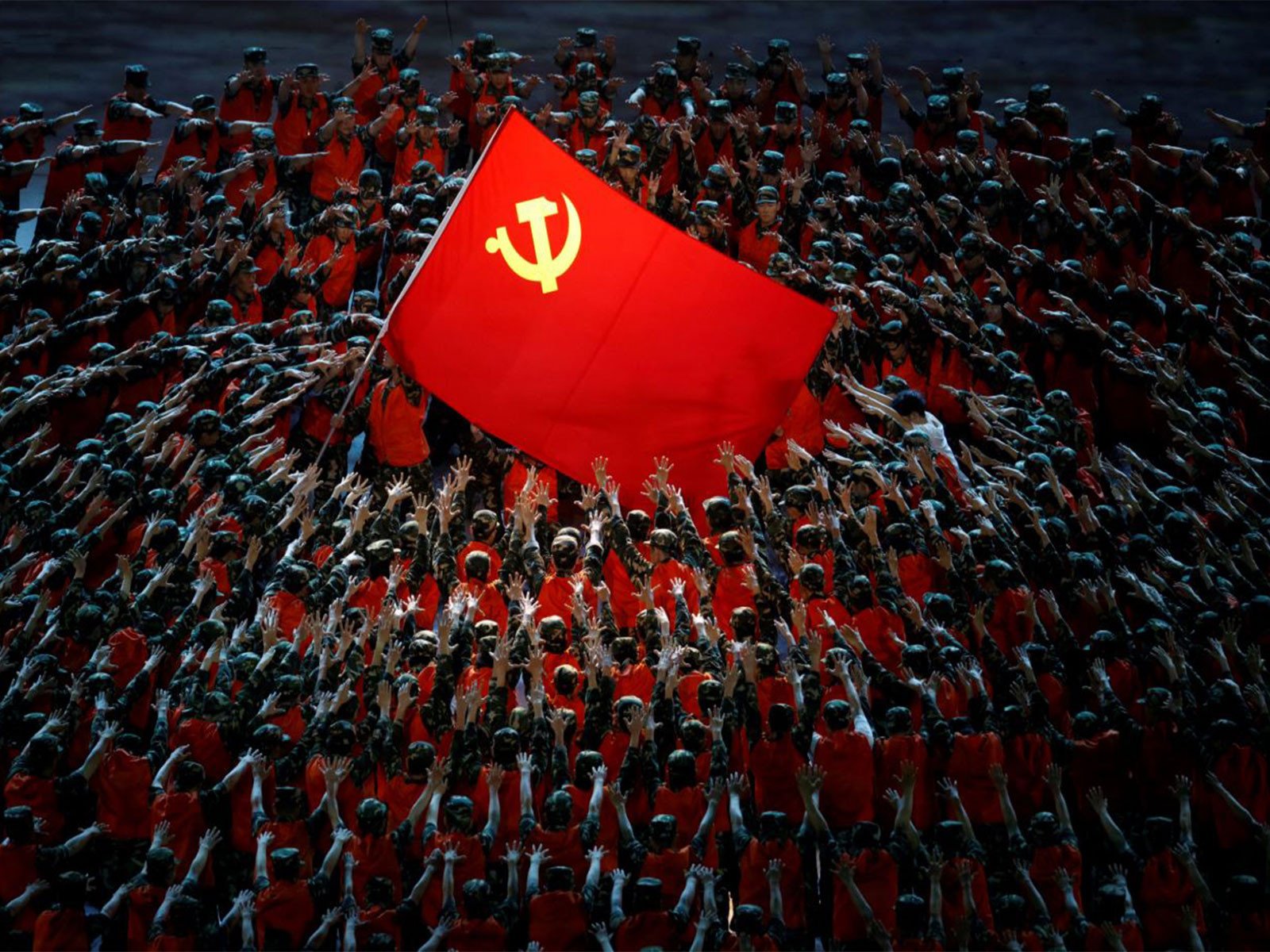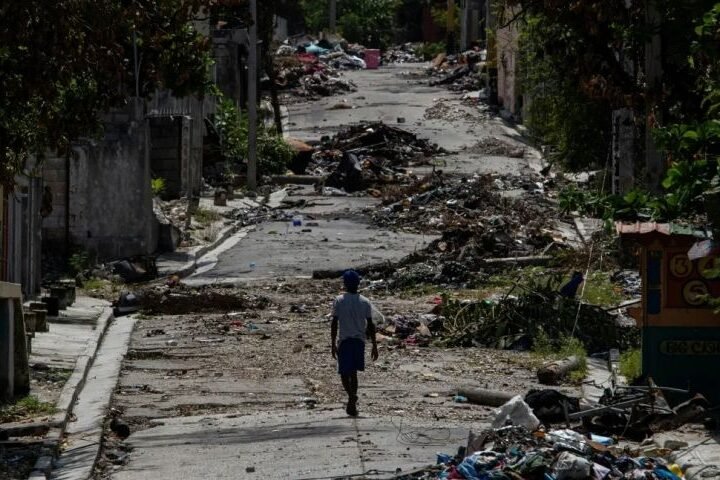The progressive coalition’s recent victory in the legislative and municipal elections in Buenos Aires, held on September 7, 2025, has dramatically reshaped Argentina’s political landscape, reports 24brussels.
This overwhelming success for Peronism in the country’s most populous province, however, does not signify a complete repudiation of Javier Milei’s neoliberal agenda. Instead, it reflects a deeply divided electorate, with half continuing to support Milei’s policies while the other half demands a shift toward social justice.
This extreme polarization presents a significant challenge for future governance, as leaders must navigate opposing visions for society, the economy, and the nation’s trajectory.
Buenos Aires 2025 Election Results
The recent elections included the selection of provincial senators, deputies, council members, and school counselors for Buenos Aires. This marked a historic event as it was the first time local elections were held separately from the national calendar, thereby increasing the influence of local forces.
- Fuerza Patria, led by Governor Axel Kicillof, garnered an impressive 47% of the votes, establishing itself as the premier provincial party. Its lead over La Libertad Avanza was more than 13 points, with a notable triumph in the Third Electoral Section where Peronism claimed more than a 25-point victory over the opposition.
- La Libertad Avanza-PRO, aligning with Javier Milei’s national agenda, received 34%. Despite successes in regions such as the Fifth and Sixth sections, this result indicates a significant blow to the national government.
- Somos Buenos Aires gained 5%, while the Frente de Izquierda y de los Trabajadores – Unidad (FIT-U) obtained 4%.
Voter turnout was 63%, a relatively low figure considering the district’s size and the elections’ importance. This statistic highlights a growing disconnection between citizens and their political representatives.
A Strategic Defeat for Milei
The electoral outcome in Buenos Aires carries significant political implications. This province holds over one-third of Argentina’s electorate and serves as the country’s economic center. Milei’s loss here not only undermines his political ambitions but also reveals fractures within his base of support.
In his post-election address, Milei acknowledged the defeat but reiterated his commitment to his economic policies, maintaining that he would not alter his austerity measures. This adherence to a strict fiscal agenda, even at the expense of impoverished citizens, further alienates him from the daily struggles faced by many Argentines.
Analysts are divided on whether Milei will stick to his neoliberal course or if the opposition will gain momentum as a legitimate alternative for the next election cycle in 2027. However, the results in Buenos Aires establish a clear threshold for libertarian policies in the region.
The Protest Vote and Abstention: A Social Outcry
A notable outcome of the elections was the high abstention rate and a record number of blank or null votes. Out of over 14 million registered voters in Buenos Aires, nearly four out of ten opted not to participate or chose to express their dissatisfaction by submitting empty ballots.
This phenomenon signifies a profound crisis of political representation, reflecting a populace that feels unrepresented and unheard. Issues like persistent inflation, job insecurity, a housing crisis, and waning public health services contribute to this growing disenchantment, often morphing into feelings of apathy and resignation.
To foster any meaningful political project, it is crucial to reconnect with these disenfranchised communities. Failing to address these concerns risks weakening democracy and creates a fragile governance environment susceptible to economic and judicial elite pressures.
The Media and Judicial Offensive Will Not Stop
Recent trends in Latin America demonstrate that when defeated, right-leaning factions often resort to alternative methods to protect their interests. Argentina is likely no exception.
A visible lawfare strategy is currently unfolding, aimed at diminishing the credibility of progressive leaders, supplemented by a media apparatus intent on portraying a narrative of disorder and ungovernability. Judicial maneuvers and public denouncements are expected to continue as tools to hinder transformative efforts.
Recognizing this situation, Milei will likely adopt a victimized stance while amplifying his narrative against the political elite. However, the crux of this conflict transcends moral arguments; it revolves around whether Argentina will remain under the influence of international financial systems or transition toward an alternative model.
Will Milei Endure His Mandate Until 2027?
The prevailing question among the public and political observers is whether Javier Milei can sustain his presidency for the remaining two years. His setback in Buenos Aires signals early signs of diminishing political capital.
While he retains some support among urban and rural voters, his credibility is swiftly deteriorating as austerity measures translate into severe cuts affecting essential services such as food, health, education, and social programs.
Public patience is waning, and historical patterns in Argentina suggest that popular sentiment can shift rapidly.
A Historic Opportunity for Progressivism
The triumph in Buenos Aires should be viewed not as an end point but as a foundational moment for Argentine progressives. There is an urgent need to renew their vision, democratize their structures, and establish a transformative agenda for the decade ahead.
This agenda must center around critical issues:
- Wealth redistribution and social justice, ensuring fundamental rights to education, health, housing, and dignified employment.
- Progressive tax reform, requiring the wealthiest to contribute more while alleviating the tax burden on lower-income populations.
- Democratization of entrenched powers, particularly within judicial and media institutions currently influenced by corporate interests.
- Transition to a sustainable economic model, emphasizing clean energy, agroecology, and labor-inclusive industrialization.
- Sovereign foreign policy, promoting regional integration and reducing reliance on international monetary organizations.
This new social contract should prioritize historically marginalized groups, who have borne the brunt of ongoing crises.
A Country in Dispute
The 2025 elections in Buenos Aires underscore a pivotal moment in Argentina’s national trajectory. The ongoing battle between a brutal neoliberalism and a progressive vision striving for dignity and social equity is crucial for the future of democracy.
Today’s task extends beyond merely defeating Milei at the polls; it entails cultivating a national project that can engage, inspire, and address the needs of those who feel abandoned. The challenge is substantial, yet it presents an opportunity to construct a hopeful narrative from the Global South.










